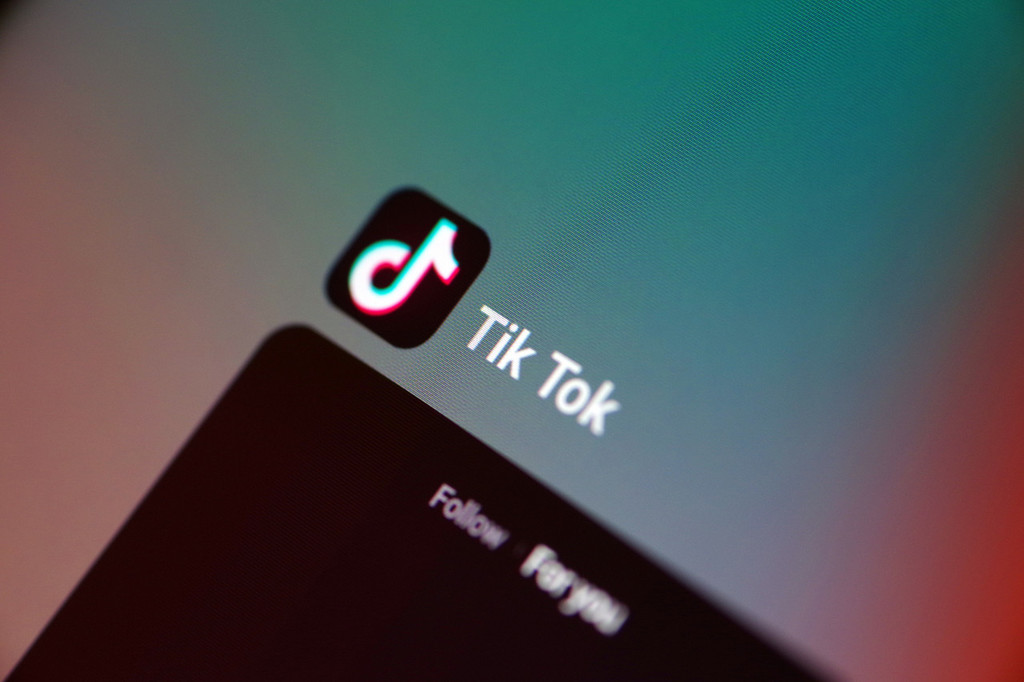TikTok’s parent company, ByteDance, is in discussions with the Trump administration about possible alternatives that would allow the popular Chinese video-sharing app to avoid selling its entire US operation, according to The Wall Street Journal.
The talks with the administration have picked up since last week, when the Chinese government passed new rules restricting the export of artificial-intelligence technology, which could affect the sale of TikTok to a non-Chinese owner, The Journal reported, citing anonymous sources. Options include a sale that involves restructuring TikTok, one person was reported as saying.
TikTok has been negotiating with the US government for weeks after US President Donald Trump set a deadline for its sale, contending that the app posed a national security risk. Trump said a week ago that if a deal was not reached by September 15, his administration would shut TikTok out of the US.
A TikTok representative did not immediately respond to an email seeking comment.
Washington has said TikTok must have an American owner because ByteDance, as a Chinese company, is obligated to hand over personal data of its users to Beijing. ByteDance and TikTok have long denied the allegations.
The app has gained more than 100 million US users in a year.
Microsoft, joined by Walmart, emerged as the dominant bidder for TikTok’s assets in the US as well as those in Australia, New Zealand, and Canada, a deal valued in the range of USD 20 billion to USS 30 billion. Oracle has also reportedly joined the fray.
Analysts say that TikTok’s most prized asset is the algorithm it uses to track user behaviour.
But the algorithm uses AI technology that likely comes under the new Chinese export control rules, which would complicate or even kill the sale since Beijing would need to approve it. As a result, deal talks are said to have stalled.
Before talks began to consider a restructured partial sale, TikTok had been trying to dissuade the Trump administration from issuing an outright ban.
TikTok argued that the data it holds about its American users has always been stored outside China. To further allay concerns, the company brought on a former Disney executive, Kevin Mayer, as its US chief in May.
The charm offensive did not work. In late August, Mayer departed, after a little more than three months on the job.
Making the sale more confusing was Trump’s presidential order, issued on August 14, that set a 90-day deadline – until November 12 – for a deal to be completed, contradicting the September 15 deadline.
At a recent news briefing, when asked about the sale timeline, White House press secretary Kayleigh McEnany could not answer which deadline would apply.
